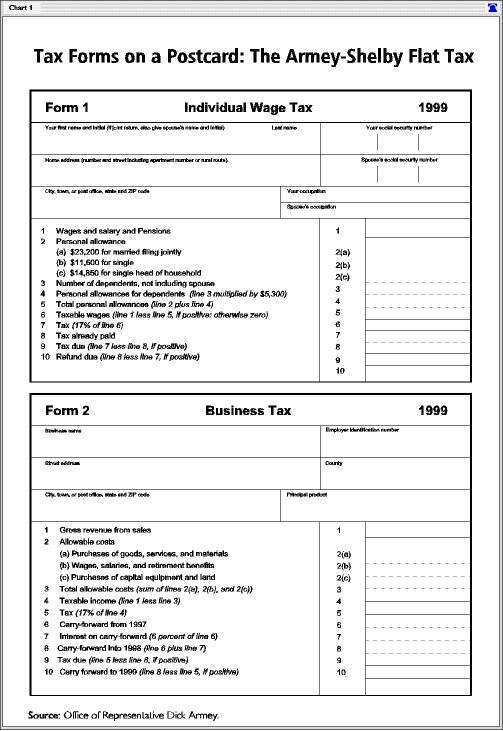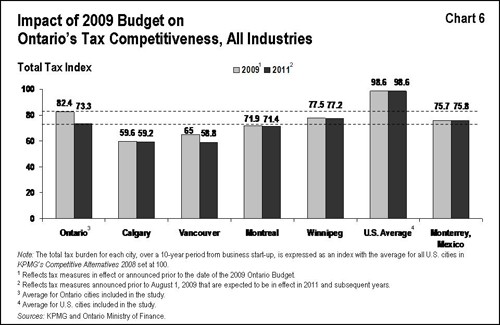How does the tax system impact US competitiveness
Post on: 20 Май, 2015 No Comment

International competitiveness can mean many things. It can mean the ability of a domestic firm or industry to compete with foreign firms in a global marketplace, or a country’s ability to maintain positive or at least sustainable balances in its international accounts, or its ability to maintain a high standard of living for its population.
There is little that U.S. international tax policy can do directly to increase U.S. international competitiveness under any of these definitions. But tax policy can increase U.S. competitiveness in a different sense, namely, that of making the United States more attractive, relative to other countries, as a site for new investment, new production, and new jobs. Does the tax system make the United States a good place for multinational firms to earn profits? Does it place firms headquartered in the United States at an advantage relative to those headquartered in other countries?
Today the answer to both questions is no. The current U.S. tax system actually encourages U.S. multinationals to locate assets and economic activity, and earn and realize profit, in other countries where taxes are lower. The current system also may disadvantage firms headquartered in the United States relative to those that are headquartered in countries that exempt foreign income from taxation. These undesirable consequences of the tax system may indirectly contribute to weaker U.S. competitiveness in the other senses of the term.
- Some observers maintain that the U.S. international tax system could do more to promote the health of the U.S. economy, including the level of output and jobs. National output fundamentally depends on such variables as the capital stock, the size and quality of the labor force, and the technological capabilities of the economy. The international tax system affects only the first of these factors directly and can thus affect output only by influencing the location of capital investment.
- Tax policy might enhance the domestic capital stock by favoring investment in the United States relative to investment outside the country. One way to do this would be to treat foreign tax payments by U.S.-based multinationals as a deductible expense associated with doing business abroad, rather than allow firms a tax credit for such payments as at present, and to require current taxation of foreign income in place of the present rule that taxes that income only when it is repatriated.
- Such a policy has two crucial drawbacks. First, it makes double taxation of income likely, as both the United States and the country hosting the investment might both tax the same income. From a worldwide perspective, such a policy would lead to too little foreign investment, because investments abroad would be tax disadvantaged. Second, such treatment would amount to a beggar-thy-neighbor tax policy and could encourage other governments to pursue similar policies in retaliation. This would lead to less foreign investment in the United States, further reducing both world and national welfare.
- Some economists would use international tax policy to improve the U.S. trade balance. For example, Gary Hufbauer has argued that the U.S. tax system puts U.S. goods and services at a disadvantage relative to those from countries that rely more heavily on value-added taxes (VAT). A VAT is typically charged on a country’s imports, whereas its exports receive VAT rebates. That suggests that U.S. adoption of a VAT system might encourage exports relative to imports, thus improving the U.S. trade balance.
- But there are offsetting considerations. The resulting growth in exports relative to imports might lead to an appreciation of the dollar, which in turn, by making exports more expensive to foreigners, might undo any export advantage the VAT creates. Recent empirical research indicates that countries that rely heavily on VATs for revenue actually have lower export performance than other countries.
- Persistent U.S. trade deficits make tax solutions seem attractive, but neither border tax adjustments, nor a move to a VAT, nor export tax incentives will likely affect the U.S. trade balance, which stems ultimately from a shortfall of national saving. If the U.S. is borrowing money from foreigners to cover government deficits and an excess of domestic investment over domestic saving, then as a mathematical identity it must be using these funds to import more than it exports. Reducing the federal budget deficit would increase national saving directly and thus be a more effective solution to the trade deficit than attempting to subsidize exports or tax imports.
- Concerns about the competitiveness of U.S. multinational firms often derive from the assumption that these firms generate external, or spillover, benefits for the economy where they are headquartered. For example, the knowledge created by the R&D that these firms conduct (typically at headquarters) often gets diffused to other domestic producers, boosting their competitiveness. If such benefits matter, U.S. international tax policy should favor foreign income, to make sure that U.S.-based multinational firms are not at a disadvantage relative to competitors in other countries that tax foreign income more lightly or not at all. Exempting foreign income from U.S. taxes could promote this goal, but it would work against the optimal location of world investment, causing too much capital to locate in low-tax countries.
- Although the promise of beneficial spillovers from R&D and other headquarters activities is a strong argument for using the tax code to promote them, lower taxes on such activities might lead to a shortchanging of other activities in the economy (such as education, health, and infrastructure) that also provide beneficial external effects. More direct incentives, such as subsidies for R&D, might better encourage the desired spillovers.
- In any case, the effective tax burden on the foreign income of U.S. multinational firms is currently small and is likely to have little impact on the competitiveness of U.S. firms. One study found that the effective U.S. tax rate on active foreign income in 1990 was quite low, approximately 2.7 percent, and less under certain assumptions.

See Also
International Taxation: How does the U.S. international tax system work?
International Taxation: What are the consequences of the U.S. international tax system?
Further Reading
Altshuler, Rosanne, and Harry Grubert, Where Will They Go if We Go Territorial? Dividend Exemption and the Location Decisions of U.S. Multinational Corporations, National Tax Journal 54, no. 4 (2001): 787-809.
Clausing, Kimberly A. The American Jobs Creation Act of 2004: Creating Jobs for Accountants and Lawyers , Tax Policy Issues and Options Brief 8 (Washington: Tax Policy Center, December 2004).
Desai, Mihir A. and James R. Hines, Jr. Value Added Taxes and International Trade: The Evidence , working paper, Harvard Business School, April 2003.
Grubert, Harry, Enacting Dividend Exemption and Tax Revenue, National Tax Journal 54, no. 4 (2001): 811-27.
Grubert, Harry, and John Mutti, Taxing Multinationals in a World with Portfolio Flows and R&D: Is Capital Export Neutrality Obsolete? International Tax and Public Finance 2, no. 3 (November 1995): 439-57.
Hufbauer, Gary C. The Foreign Sales Corporation Drama: Reaching the Last Act ? International Economic Policy Briefs PB02-10 (Washington: Institute for International Economics, November 2002).
Viard, Alan D. Border Adjustments Won’t Promote Competitiveness, Tax Notes (December 4, 2004): 122-24.
Author: Kimberly Clausing
Last Updated: October 17, 2007














